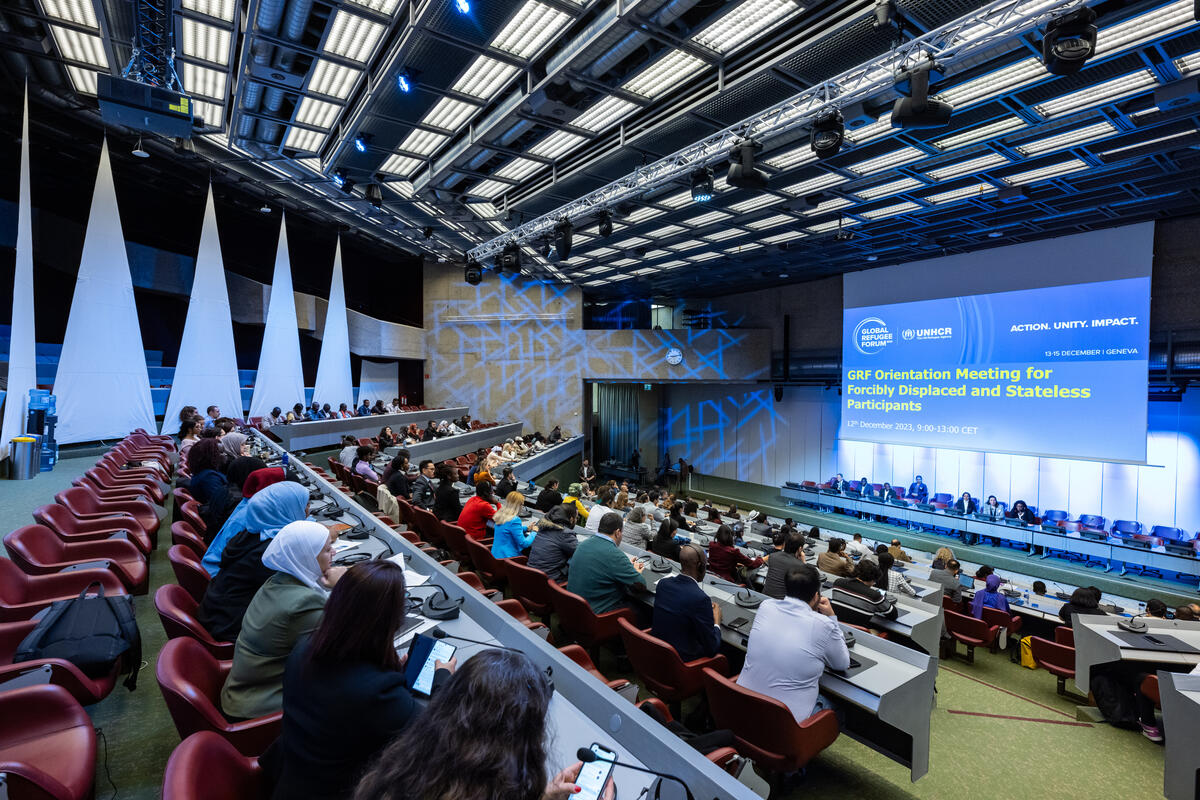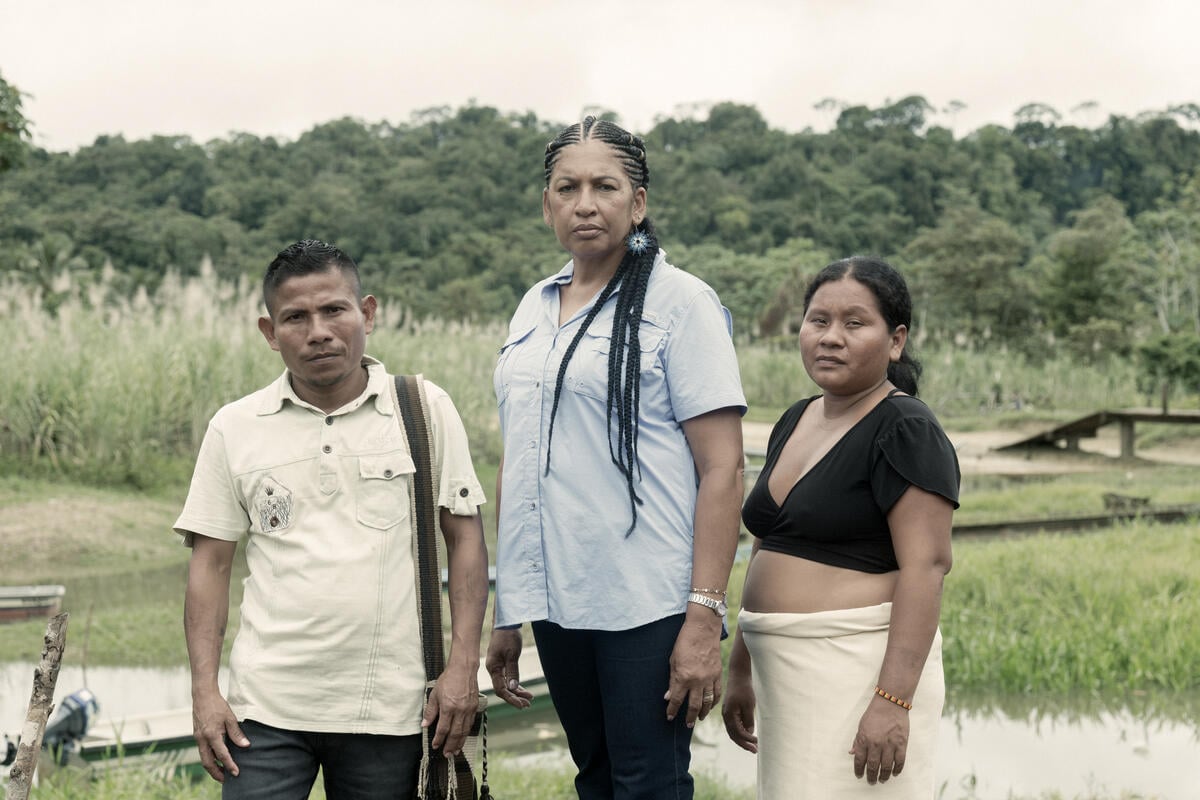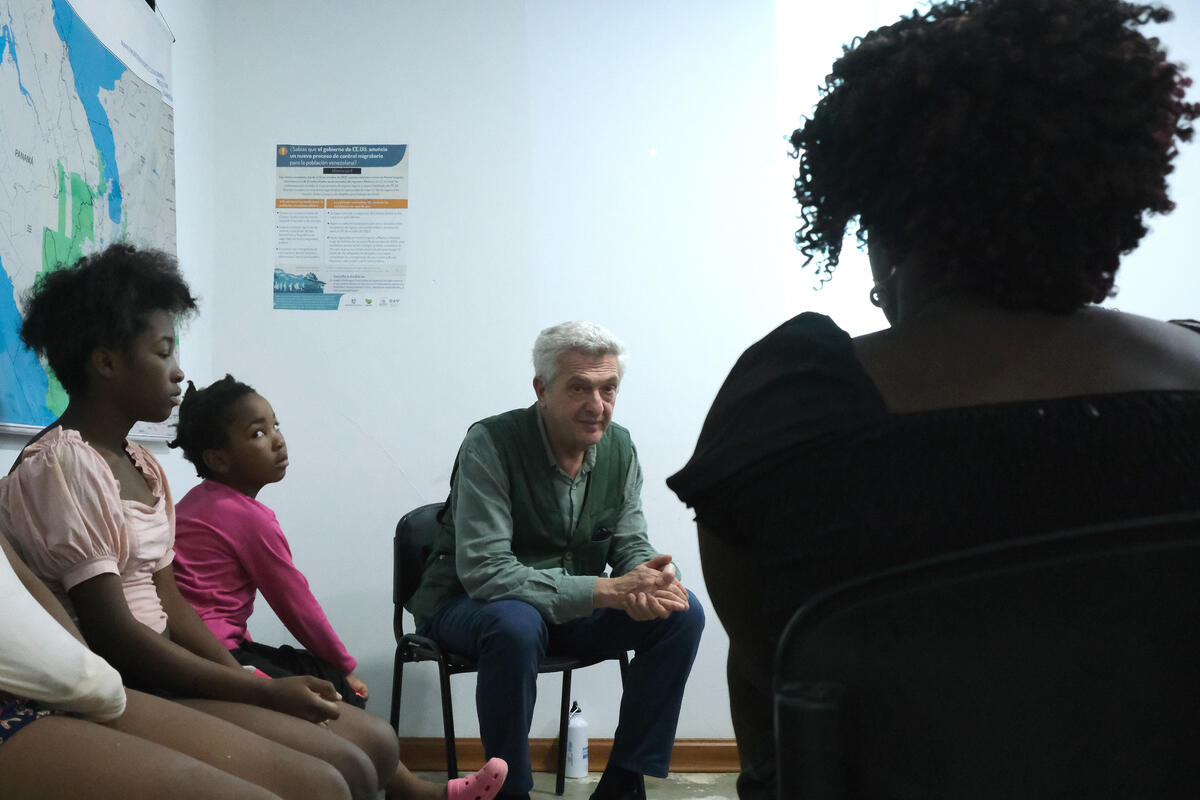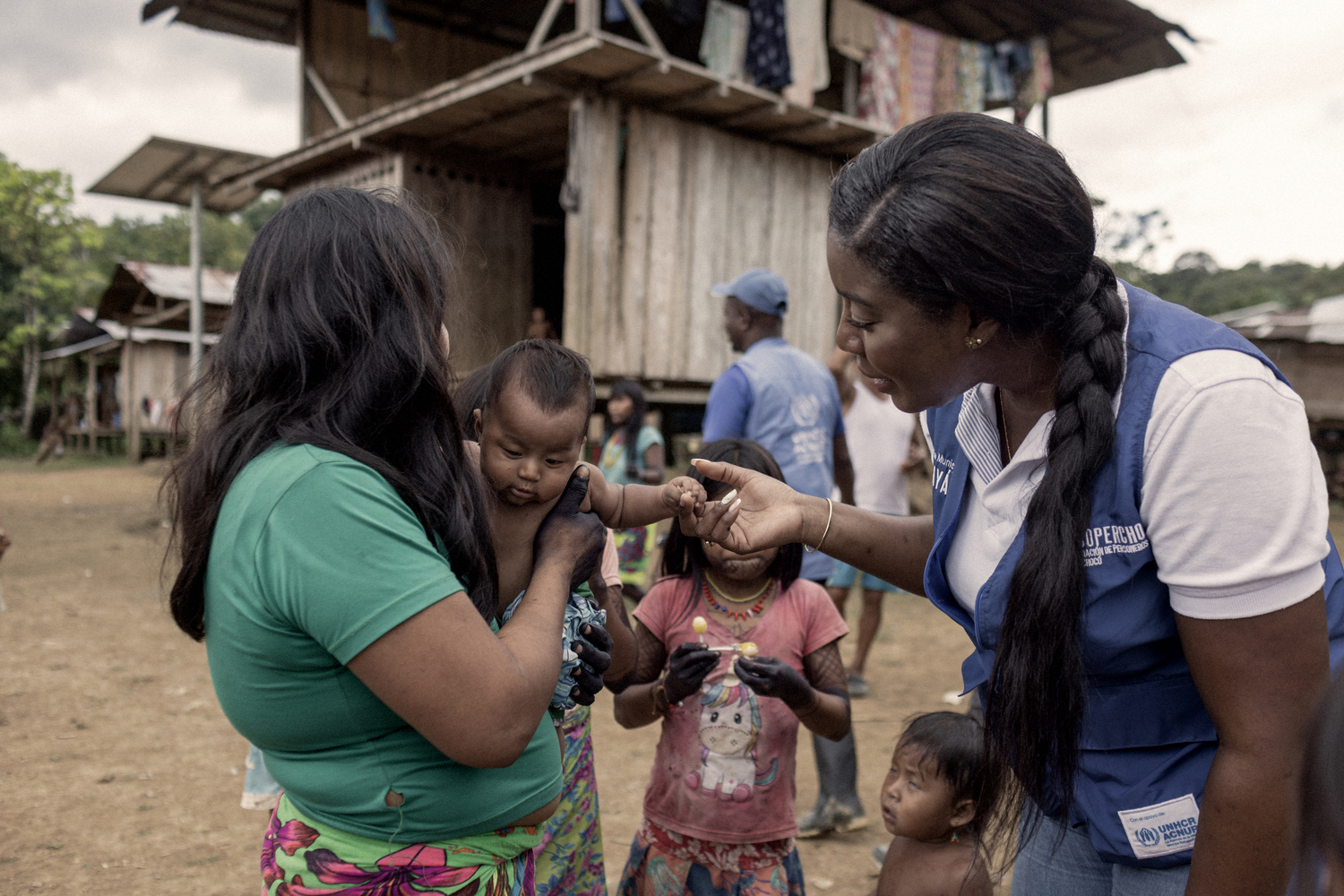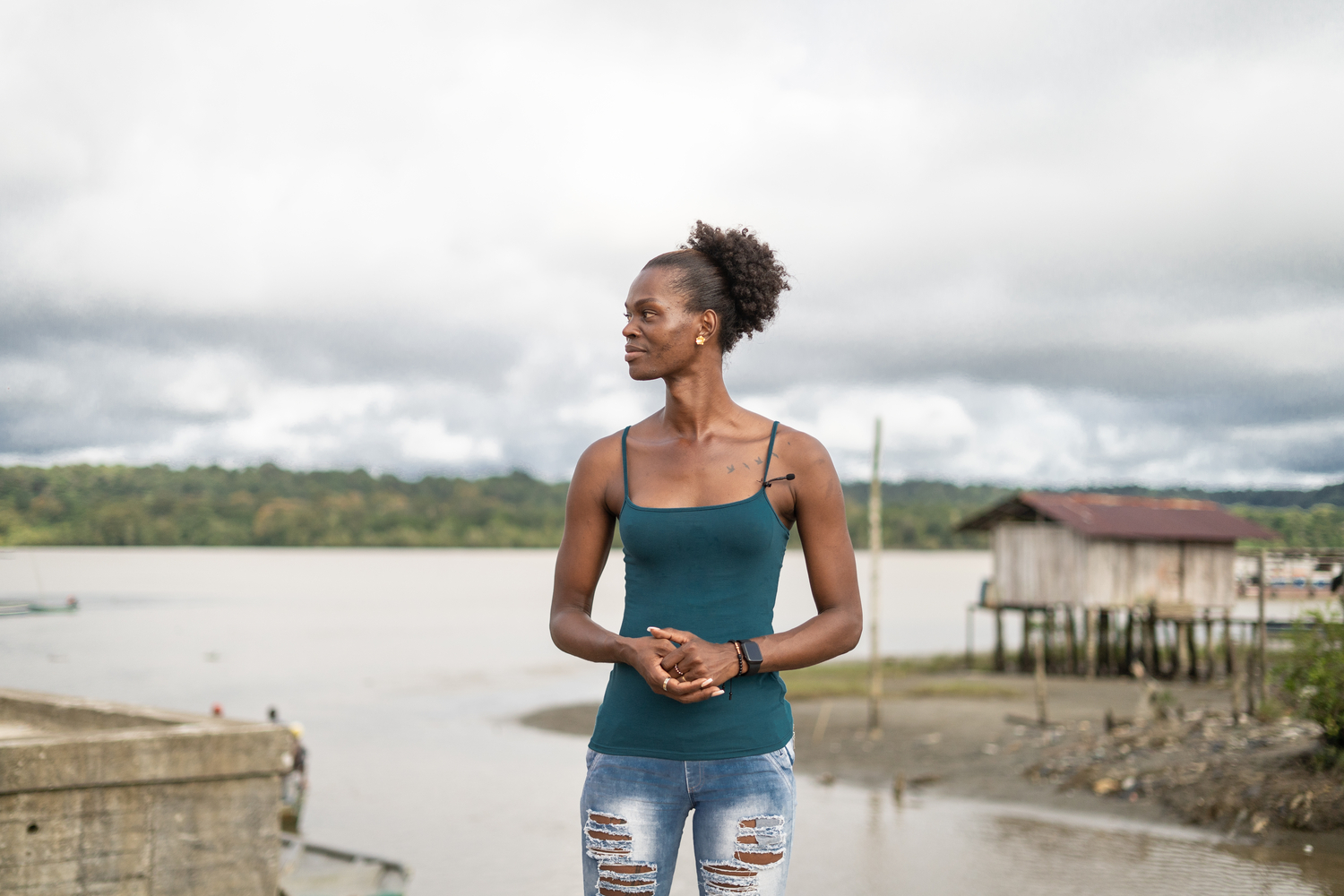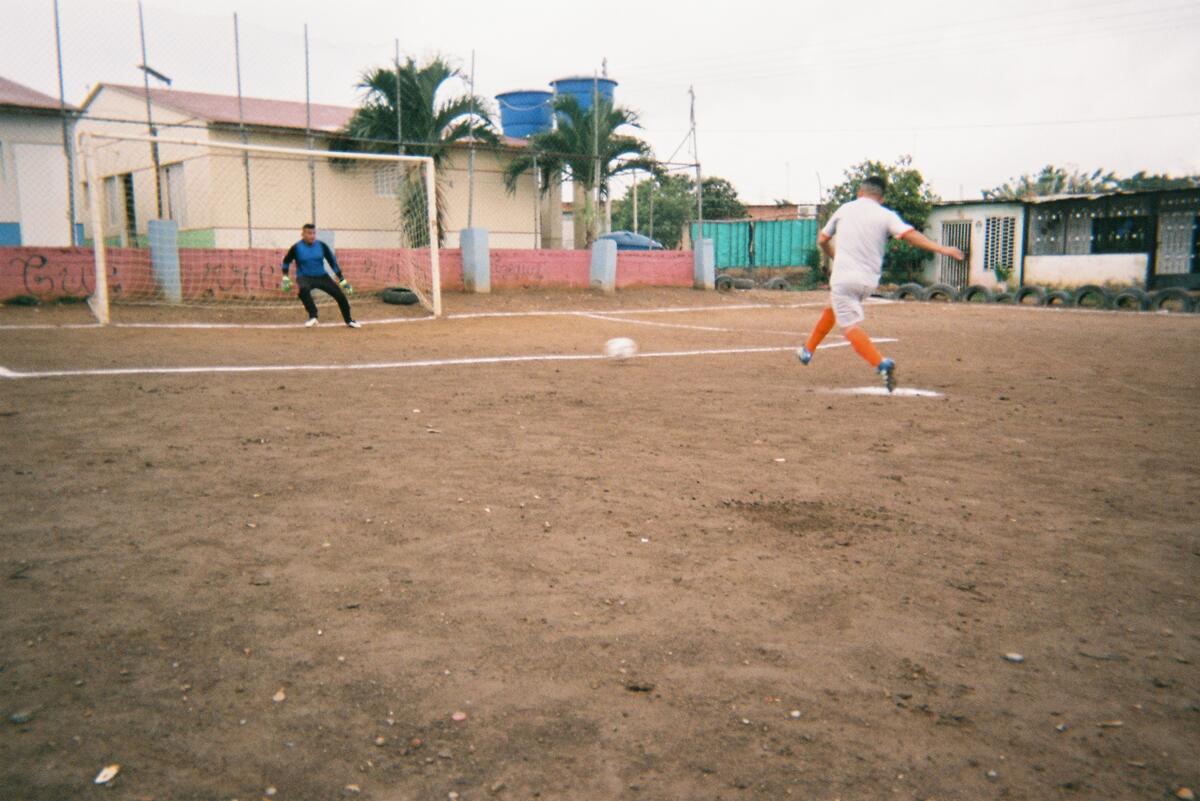Colombia: Civilian population near Ecuador border in danger from armed blockade
Colombia: Civilian population near Ecuador border in danger from armed blockade
We are extremely concerned that the civilian population in Putumayo and eastern Nariño in southern Colombia is suffering severely from an armed blockade in the area. The region, near the border with Ecuador, has seen intense fighting in the past few weeks between irregular armed groups and the Colombian military.
The current fighting is a result of deterioration in public order since May. On June 25, irregular armed groups attacked a Colombian military base in the town of Teteyé on the border between Colombia and Ecuador, killing 22 Colombian soldiers. Because of the blockade, the local population is unable to move freely and is now caught in the violence. The disruption in transportation is leading to a severe shortage of food and other essential items. Prices have skyrocketed in the area. Gasoline and electricity are in short supply following attacks on petroleum installations.
Confining the civilian population in a conflict zone is harming the people of Putumayo and Nariño and we call for their freedom of movement and rights to be respected. We urge all parties to allow persons in the combat zones to move to safer areas and to permit humanitarian workers to reach people in need of assistance. We are working with the local authorities to develop and implement a humanitarian assistance plan for the civilian population. Freedom of movement is essential in order to deliver aid where it is needed.
Although reliable figures of the number of displaced persons are very difficult to obtain, at least 160 persons have been displaced during the past two weeks to the town of Orito in the Putumayo Department. An additional 500 have been displaced to the provincial capital of Mocoa from nearby rural areas where on July 26 a number of civilians were injured as a result of the fighting. The 500 persons, or 60 families, include 36 indigenous families.
So far, the fighting has not caused an increase in the number of people seeking refuge in Ecuador. However, our offices in Lago Agrio and Ibarra near the Colombian border are preparing to deal with an eventual increase in the number of asylum seekers.
More than two million people are displaced in Colombia because of the four-decade conflict between governmental troops and irregular armed groups, making Colombia the biggest humanitarian crisis in the western hemisphere. UNHCR is working with the Colombian government, NGOs and other UN agencies to protect the rights of internally displaced persons. Tens of thousands of Colombians have also taken refuge in neighbouring countries, especially Ecuador but also Panama and Venezuela.

